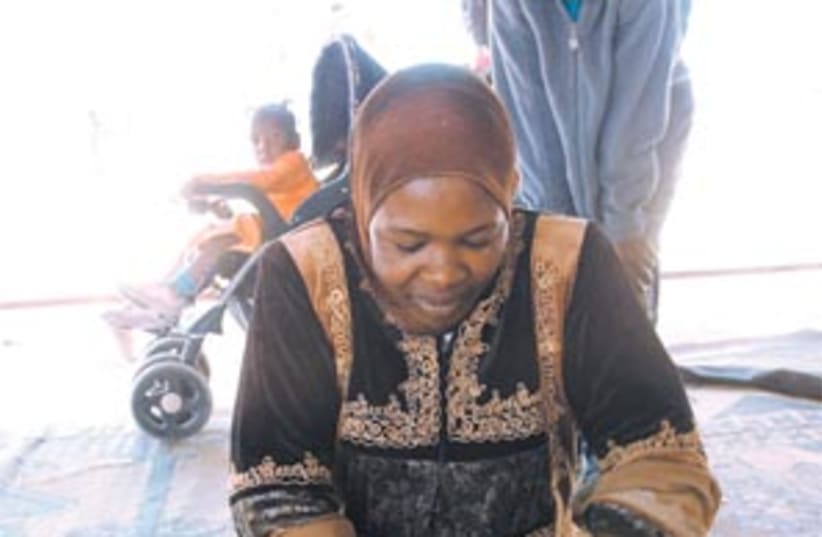| JPOST.COM HIT LIST | |
| JPost.com's most popular articles this past week |
Straddling freedom and tradition
Beduin women's strides in education don't sit easily with their tradition and the men they leave behind.


| JPOST.COM HIT LIST | |
| JPost.com's most popular articles this past week |